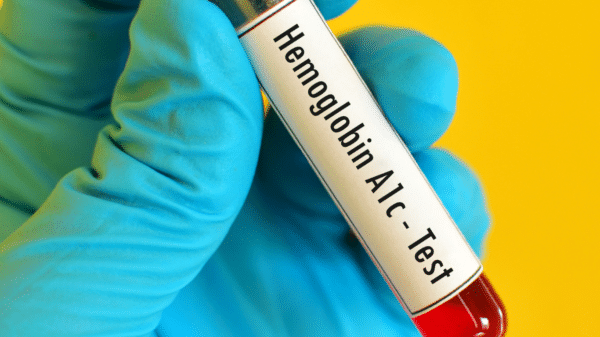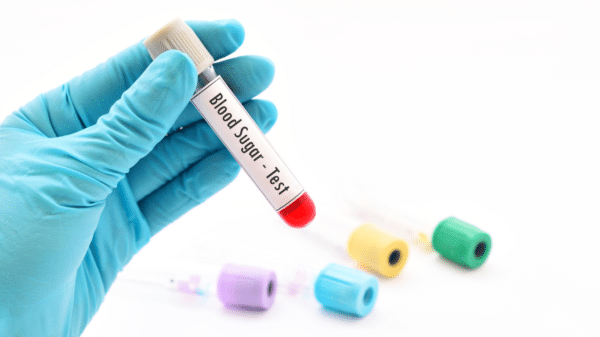Have you ever found yourself sitting across from your doctor as they talk about A1C and glucose levels, feeling like you’re trying to understand a foreign language? You’re not alone. Let’s break down these crucial tests into something a bit more digestible – think of it as translating medical jargon into plain English.
A Deep Dive into the A1C Test
Imagine your blood cells wearing tiny sugar-coated sweaters. The more sugar in your blood, the thicker the sweaters. The A1C test measures how sugar-coated your blood cells have been over the last three months, giving us an average sugar level. If the result shows 6.5% or higher on two different tests, it’s like waving a diabetes flag. A number between 5.7% and 6.4%? Consider it a yellow flag for prediabetes.

Why Go for A1C?
The beauty of the A1C test lies in its simplicity. No fasting, no waiting; just a quick draw of blood at any time. It’s like getting a quarterly report on how your blood sugar levels have been behaving, offering a glimpse into your body’s sugar management without the daily fluctuations.
Unpacking the Glucose Test
Now, onto the glucose test. Think of it as a snapshot, capturing the exact moment the picture is taken. It tells you your blood sugar level right then and there. There are a few types:
- Fasting Blood Sugar Test: It’s all in the name. You fast, they test, and you get to see how your body handles sugar on an empty stomach.
- Random Blood Sugar Test: This is the candid camera of blood tests – no preparation needed, just a spontaneous check to see where your levels stand.
- Oral Glucose Tolerance Test: Consider this the marathon of sugar tests. After fasting, you get a sugary drink, and then your blood sugar is tested over a couple of hours to see how well your body processes it.

When Would You Need a Glucose Test?
Glucose tests are the go-to for diagnosing diabetes or gestational diabetes. They’re also crucial for those already managing diabetes, offering a real-time peek into how well your dietary and medication adjustments are working.
The Main Differences
- Purpose and Timing: A1C gives you the long game – an average over months, whereas glucose tests show you the immediate sugar levels.
- Preparation: Roll out of bed and head to the lab for a glucose test, but remember to fast if needed. A1C? Show up anytime.
- Testing Frequency: If you’re juggling diabetes, you might be pricking your finger for glucose tests daily. A1C tests, however, are more of a quarterly event.
Recognizing the Signs
Are you wondering when you might need these tests? Keep an eye out for:
- Excessive thirst and frequent trips to the bathroom
- A sudden drop in weight without trying
- An unrelenting hunger
- Blurry vision
- A tingling sensation in your extremities
Noticing these signs? It’s time to chat with your healthcare provider. They might suggest starting with one test and then the other, depending on what your symptoms and risk factors are saying. Always consult with a doctor if you have questions regarding your health or symptoms or if you are experiencing a health emergency.

So, Which Test Should You Take?
It’s not about choosing one test over the other, but understanding what each test can tell you. Your doctor will guide you based on your symptoms, lifestyle, and family history. Sometimes, getting both tests offers the clearest picture of your health.
Wrapping It Up
Both the A1C and glucose tests are vital players in the diabetes detection and management team. Knowing what they are, why they’re different, and when you might need them can demystify the process and help you navigate your health journey more confidently.
Feeling a bit more clued in? Let’s keep the conversation going if you’re navigating your health journey or just curious about what these tests can tell you. Share your thoughts, questions, or experiences below – because we’re all in this together when it comes to health.

